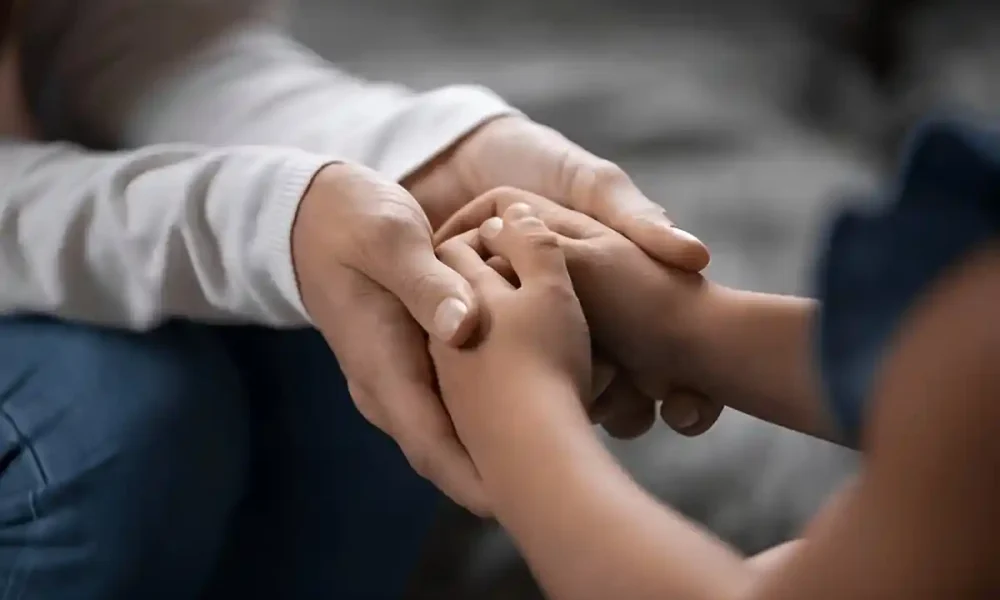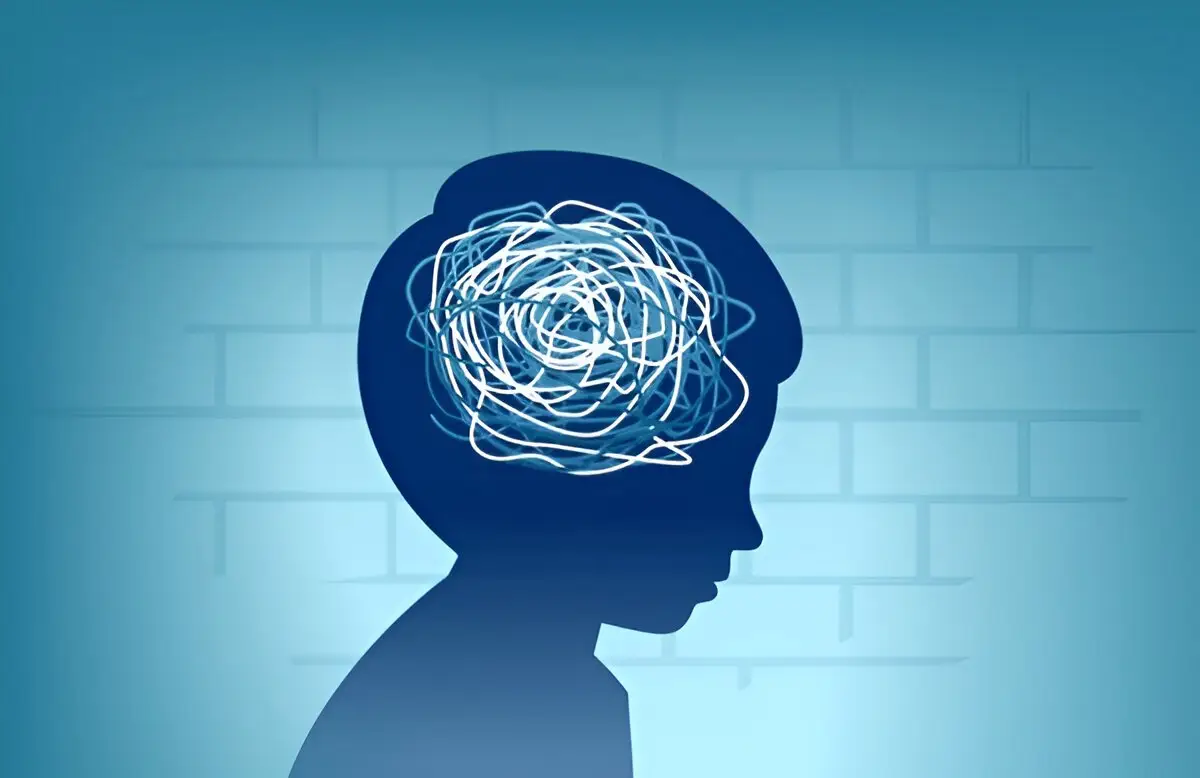Applied Psychology is all about using what we know about the human mind and behaviour to handle real-life situations better. A big part of this is Child Psychology, which focuses on how kids think, feel, grow, and behave as they move through different stages of life. If you study psychology in college, you’ll first get to know the basics about how people behave and why. Then, if you choose to go for a Master’s at one of India’s top psychology universities, you’ll dive deeper into these topics and learn how to actually use them to help people in real-world settings.
Psychology is now an integral part of the healthcare industry, and that development is quite recent. The taboo surrounding psychological treatment has declined significantly as awareness around the subject has increased. However, for a career in psychology, an Applied Psychology degree will be necessary to join a clinical practice or start your own clinic.
A Brief Look into Applied Psychology
Even though the stigma surrounding psychology has only recently declined, the term came to light well over 100 years ago. Nonetheless, the medical community and the general public were not much thrilled by the psychological practice, often casting doubt on the authenticity of such a profession. Applied psychology deals with the professional execution and practice of the academic teachings acquired from a certified university or institution.
Applied psychology is required to solve real-life problems, such as child development. There are other specific subjects like forensic investigation, community psychology, and industrial psychology, which are also an integral part of the Applied Psychology course. The emotional and behavioural growth of a child occurs in phases up to adolescence, and having guidance during these tumultuous times has proven to show positive results.
Specialisation in Applied Psychology at Jindal Institute of Behavioural Sciences
Jindal Institute of Behavioural Sciences is a renowned school for starting the educational and practical journey in child psychology master’s programmes. Along with child psychology and development, there are three other specialisation options for graduate students to pick from. The four options are therefore: Child Psychology, Community Psychology, Forensics & Investigative Psychology, and Industrial & Organisational Psychology.
This one-year residential course combines the theoretical study of core electives, internships, and a dissertation. After a broader look into the field of psychology at the undergraduate programme, students need to specialise in Applied Psychology to practise the professional application of psychological principles and behavioural research. Under this programme, quality training for residents and skilful preparation for employability are ensured.
Pursuing Child Psychology: Supporting Your Child’s Emotional Growth
A degree in Applied Psychology prepares each student to address real-life psychological issues and provide innovative solutions. The specialisation in Child Psychology is a field that has witnessed increasing demand in the past two decades or so. The concern surrounding child development and emotional growth is a long-debated phenomenon that has only recently been discussed on a global stage.
The social and emotional growth of a child is clinically evaluated through factors like cognition, motor skills, behaviour, speech, and environment. The role of a child psychologist goes well beyond their mental and emotional well-being. These trained professionals are competent enough to develop intervention strategies, derive individual cognitive and emotional learning tactics, conduct assessments and research, all while maintaining legal and ethical boundaries, to ensure that the child receives the best support required.
FAQ
1. What is the graduation cut-off score required for applying to an M.A./M.Sc programme at JIBS?
Ans: For an M.A./M.Sc programme in Applied Psychology from JIBS, candidates must complete an undergraduate programme in psychology from a reputable institution. The applicants must also achieve a 50% aggregate in their graduation programme to apply for the eligibility and selection process at the Jindal Institute of Behavioural Sciences.
2. Are there any tests or interviews to go through after the initial eligibility procedure?
Ans: Yes, of course. Further tests and interviews are included in the selection process to ensure that only deserving candidates are selected. Apart from the graduation degree, applicants will also have to sit for the Jindal-PMAT examination or other equivalent tests such as the GRE, GMAT, or CAT. The interview session is held after the candidate has achieved the required cut-off score in these exams and is then judged accordingly by the panel members.
3. What does Jindal Institute of Behavioural Sciences offer as part of their M.A./M.Sc degree in Applied Psychology?
Ans: For starters, in an advanced course in Applied Psychology, the students must first choose their core electives, upon which the entire two-year programme is based. The four elective subjects at JIBS are: Child Psychology, Community Psychology, Forensics & Investigative Psychology, and Industrial & Organisational Psychology. In either case, candidates are thoroughly taught and trained to apply their knowledge and studies to real-life circumstances for a successful professional career ahead.
4. Where can you apply for a professional career after completing the M.A./M.Sc degree in Applied Psychology from JIBS?
Ans: The Applied Psychology programme at Jindal Institute of Behavioural Sciences is aimed at preparing students to take on professional responsibilities as part of the healthcare field. They are trained to tackle real-life issues by becoming child psychologists, research executives, counsellors, teachers, and many more.
5. What makes the Jindal Institute of Behavioural Sciences different in terms of educational success?
Ans: Whether it is Child Psychology or Organisational Psychology, JIBS introduces a comprehensive curriculum, combining theoretical courses with practical understanding, enabling students with the knowledge and skills to start their professional journey in the field of psychology. For example, a child psychologist evaluates child development and emotional growth and bases their course of action on multiple factors like language, cognition, social conditioning, and motor skills, all explained in their core programme.





